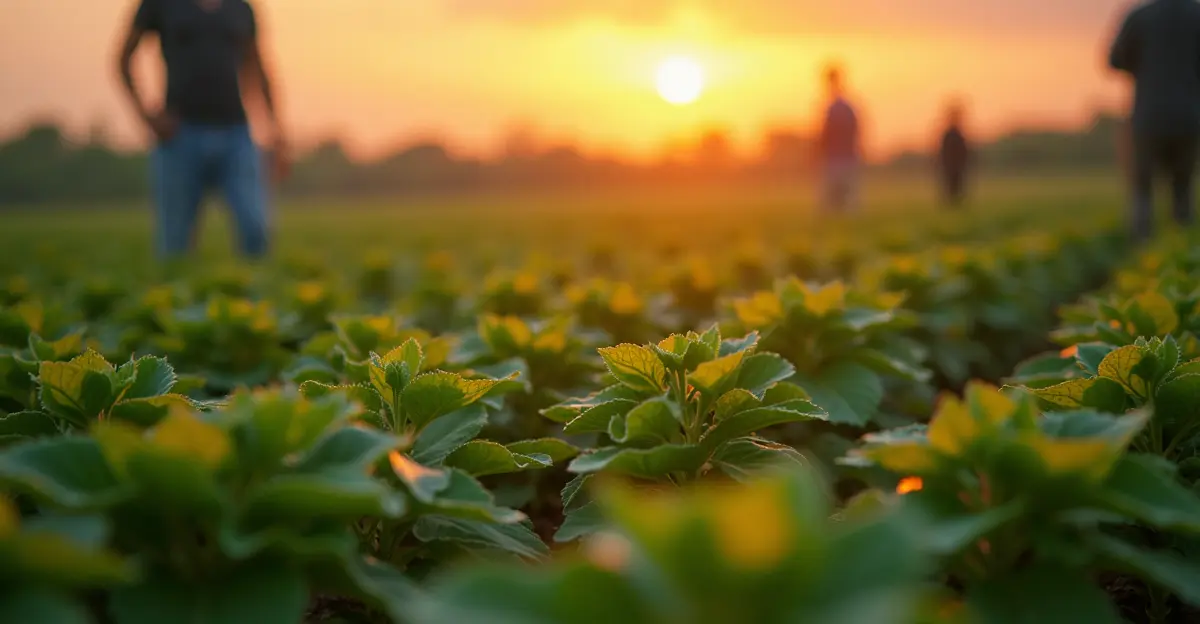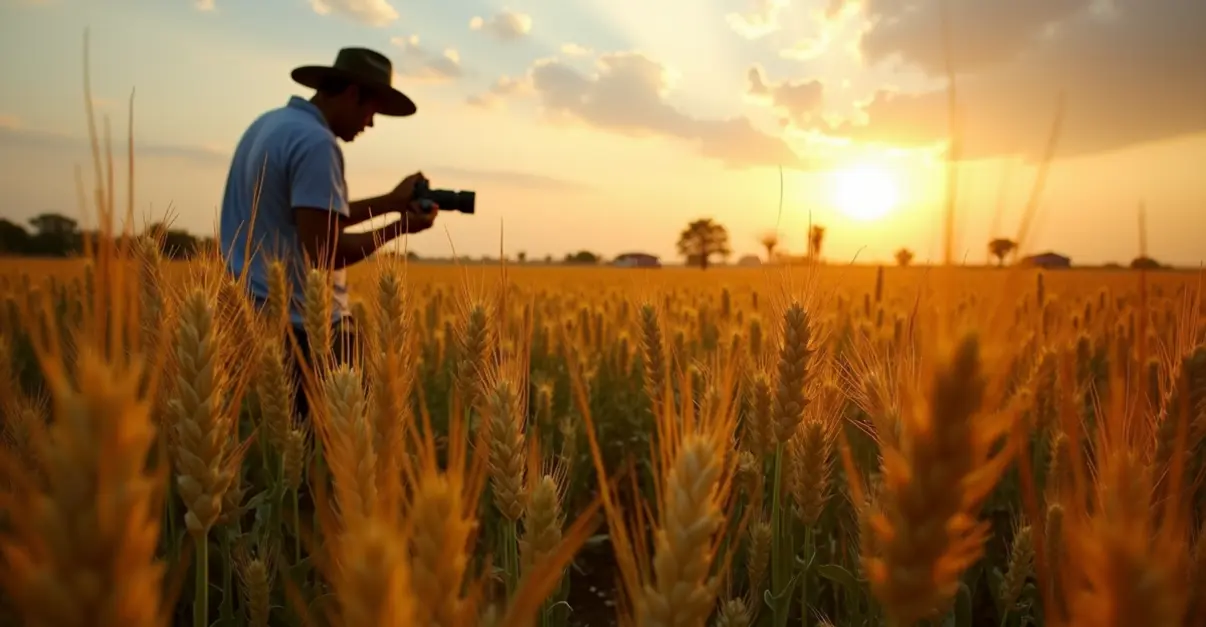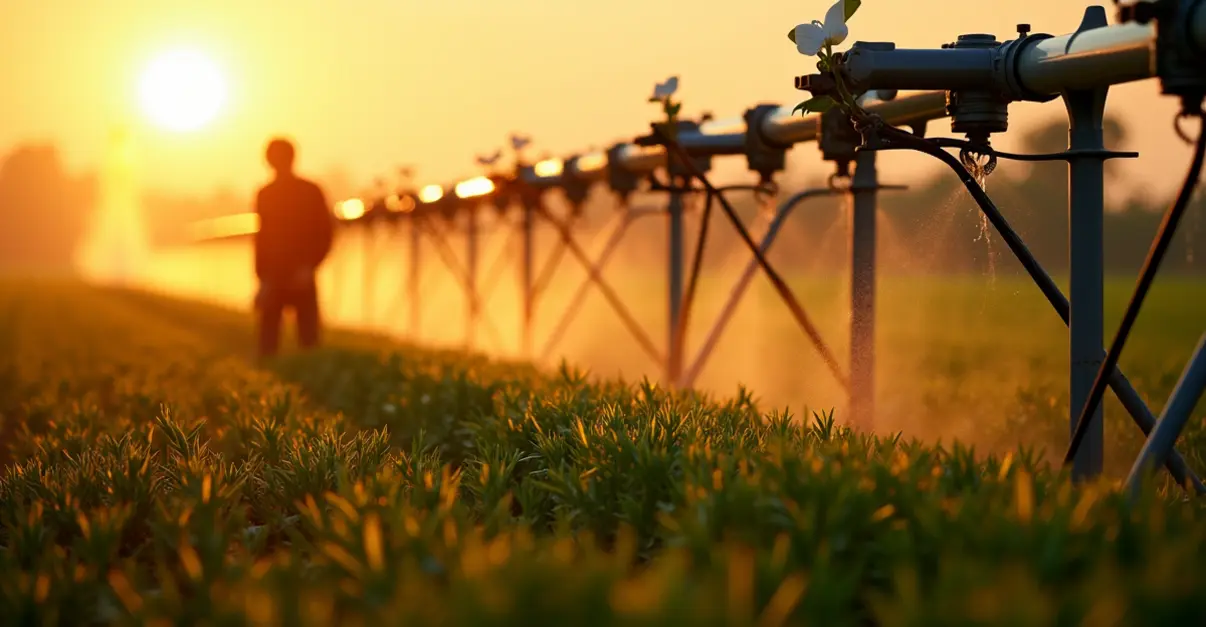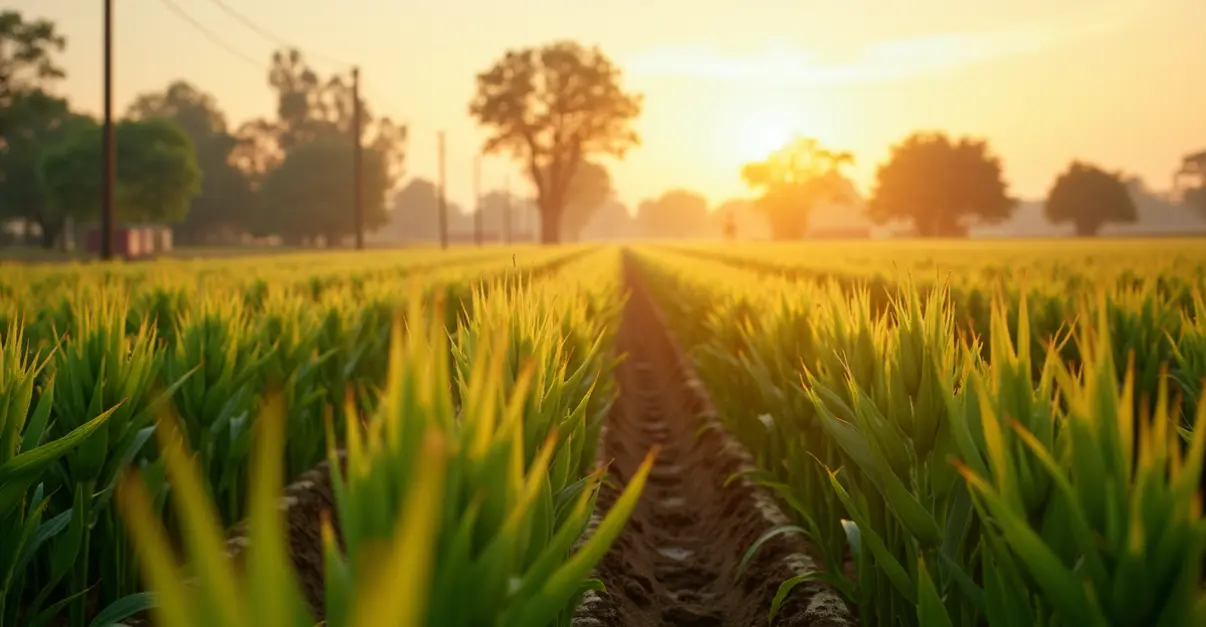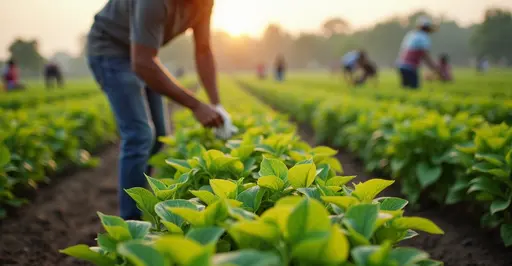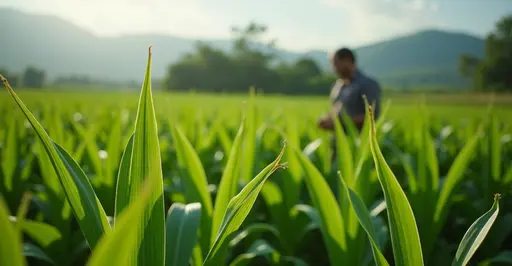In 2025, field trials demonstrate that newly bred heat‑resilient, water‑efficient crop varieties perform well in drought‑prone areas, boosting yields and farmer confidence. The study underscores the need for targeted breeding, precision ag tech, and supportive policies.

Heat Stress and the Future of Farming
Recent studies highlight that heat is the most destabilizing factor for crop yields, outweighing drought and precipitation variability. 2025 trials show that breeding heat‑resilient varieties can keep yields stable even during record temperatures.
New Water‑Saving Varieties Emerge
Scientists are developing cultivars with deeper root systems, reduced stomatal conductance and higher osmotic adjustment. These traits translate into 30‑40% less irrigation demand while maintaining yield.
Field Trials in Drought‑Prone Regions
India’s Deccan Plateau
In Rajasthan, a consortium of local universities and the Indian Council of Agricultural Research planted 12 new varieties. Early results show a 15% yield increase compared to the 2024 baseline.
Sub‑Saharan Africa
Kenyan farmer cooperatives tested the same lines in the Rift Valley. “The plants survived the worst monsoon drought we saw in a decade,” said a cooperative head, Fast Company.
Farmer Adoption and On‑Field Results
Adoption rates climb as farmers see tangible benefits. In Pakistan, 60% of surveyed farmers switched to the new varieties within six months.
Policy Implications and Next Steps
Policymakers must fund breeding programs, subsidize precision ag tools such as AI‑driven irrigation, and provide extension services. The next wave of climate‑smart agriculture will hinge on these supports.

 Nederlands
Nederlands
 English
English
 Deutsch
Deutsch
 Français
Français
 Español
Español
 Português
Português




